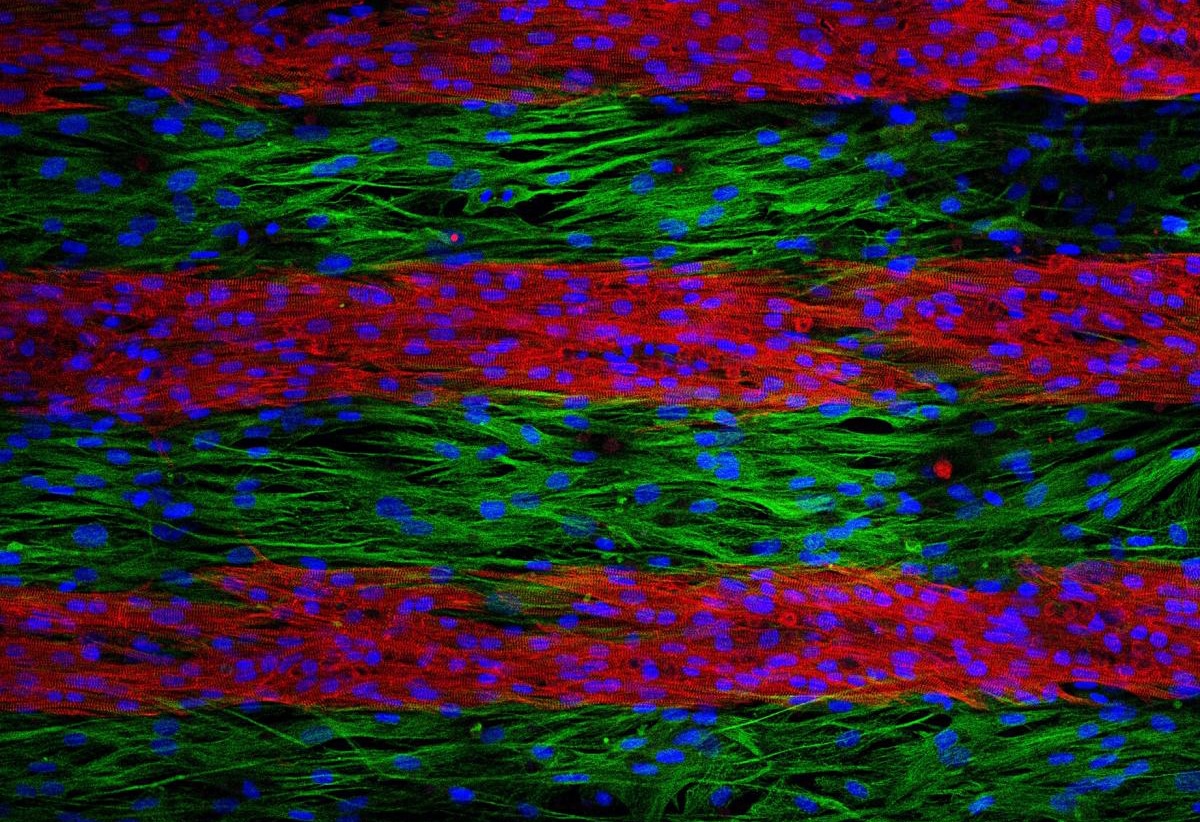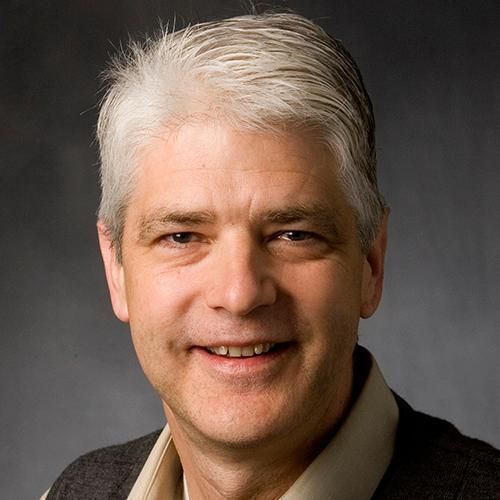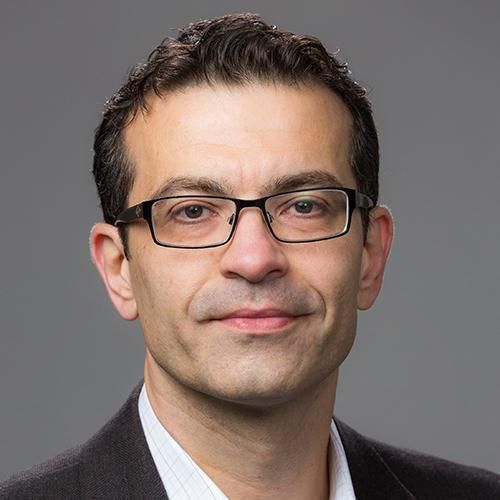Bioelectric Engineering
Spanning a range of length scales from the ion-channel to the organ level, with a focus on development of realistic models of cardiac muscle

Research in Bioelectric Engineering at Duke spans a range of length scales from the ion-channel to the organ level. One of the main areas of focus is the development of realistic mathematical and computer models of cardiac muscle.
One of the strengths of Bioelectric Engineering research at Duke is the close relationship between modelers and experimentalists. In vitro experimental work uses micropatterning of cardiac cells and optical mapping of membrane potentials to study the normal and abnormal electrical function of synthetic heart tissues.
Animal experimental work uses high-density electrical mapping to examine the effect of interventional therapies (e.g., catheter ablation and automatic implantable cardioverter/defibrillator implantation) upon electrical activity of the heart. Experimental and simulation studies are being conducted to elucidate the electrophysiological processes underlying arrhythmias and arrhythmia control.
Duke BME researchers also collaborate with faculty from Duke’s Math and Physics Departments in using methods of nonlinear dynamics to characterize and control electrical activity of the heart.
Associated Faculty

Wanda Krassowska Neu
Professor Emeritus of Biomedical Engineering

Dr Mike Tadross, M.D., Ph.D.
Assistant Professor of Biomedical Engineering

Patrick D. Wolf
Associate Professor Emeritus of Biomedical Engineering
Other Research Specialties
Explore additional specialty research areas in Duke BME and throughout the Pratt School of Engineering.






